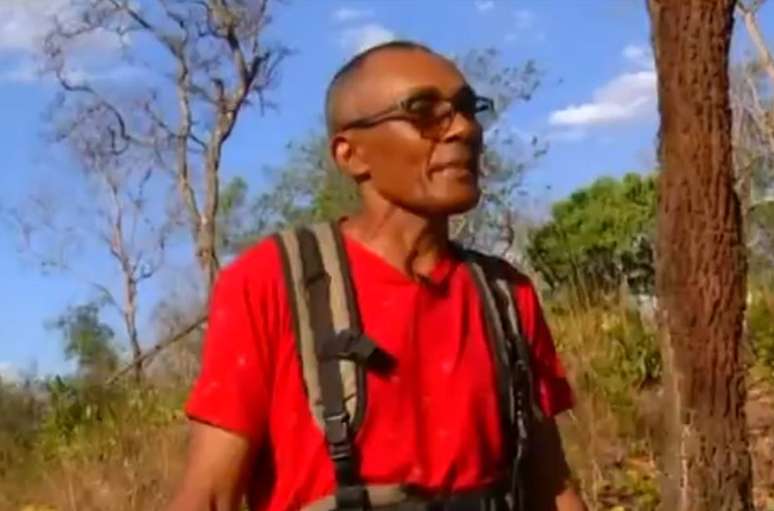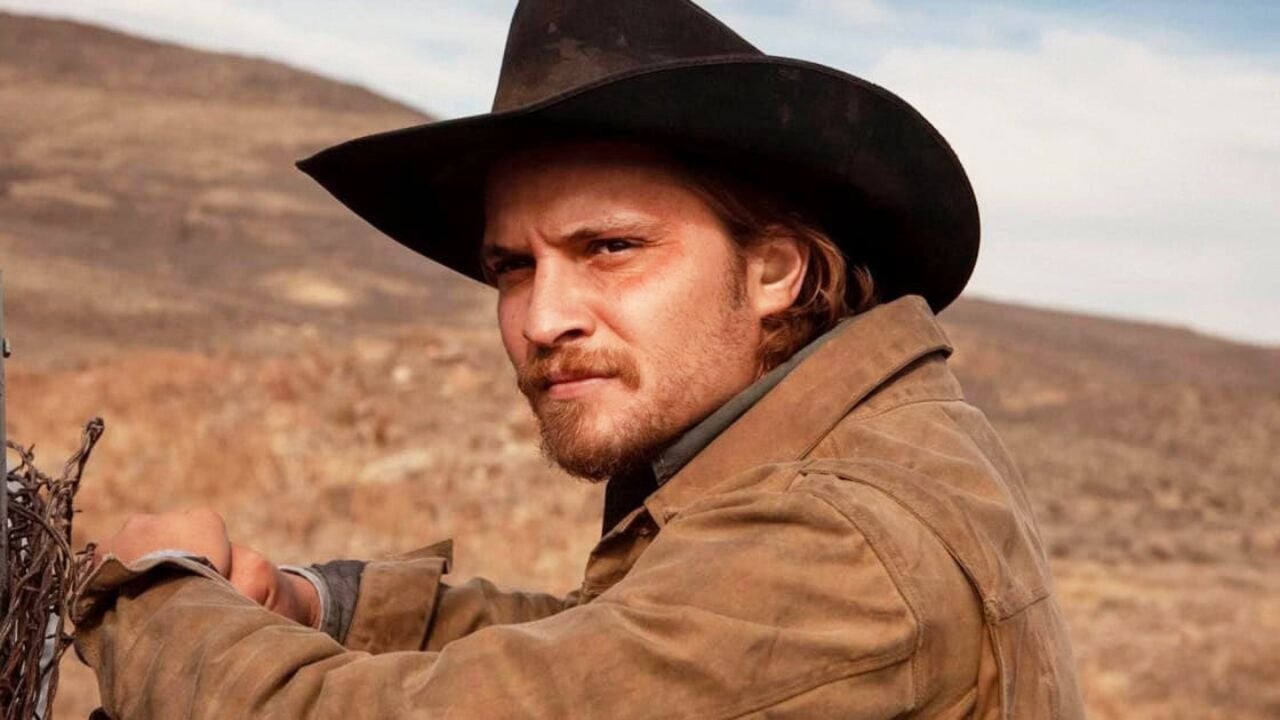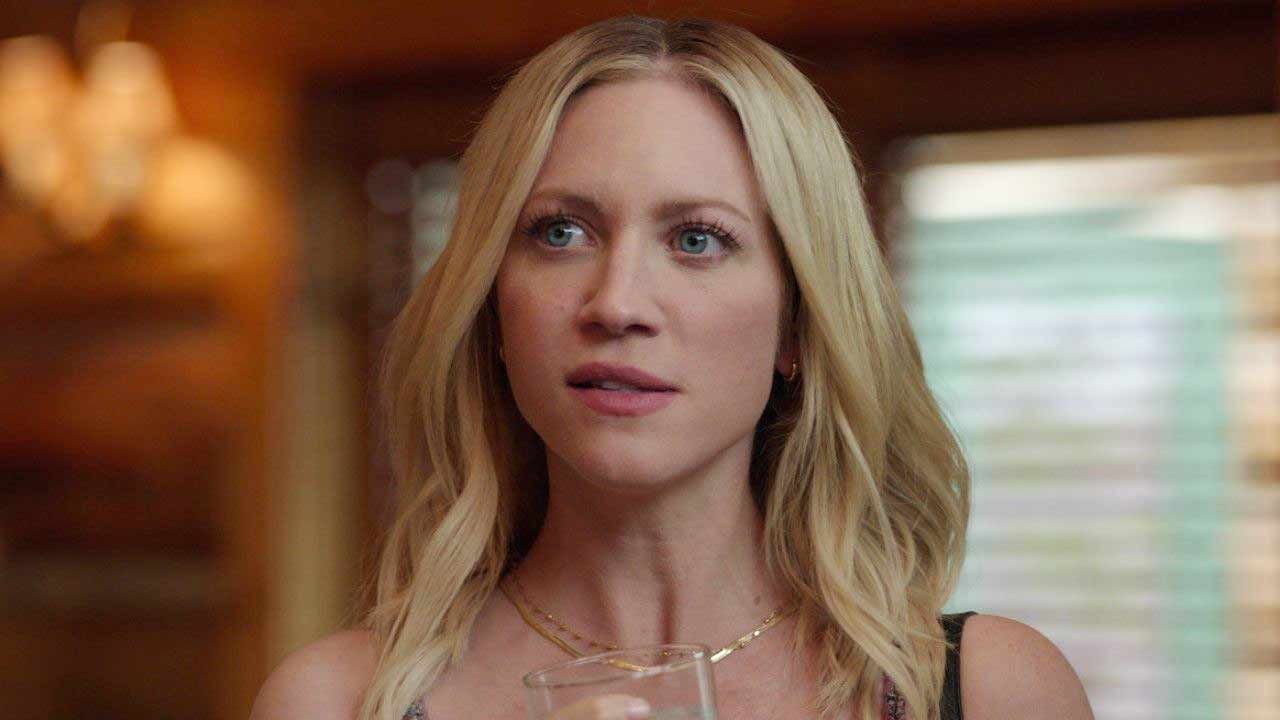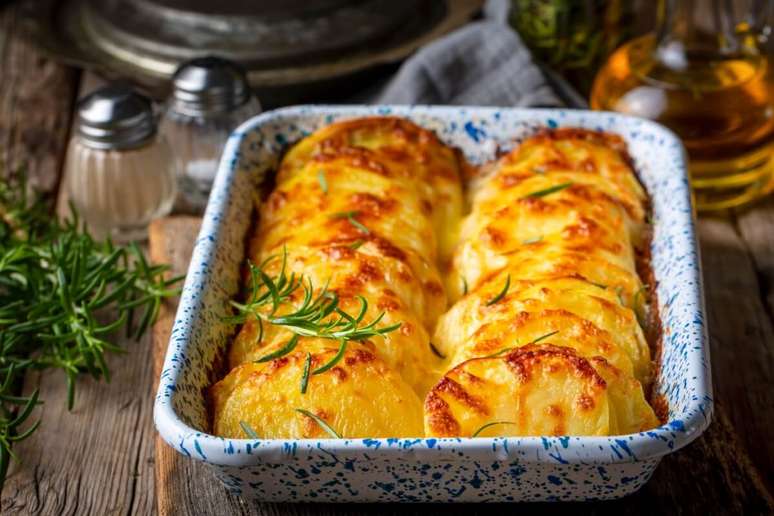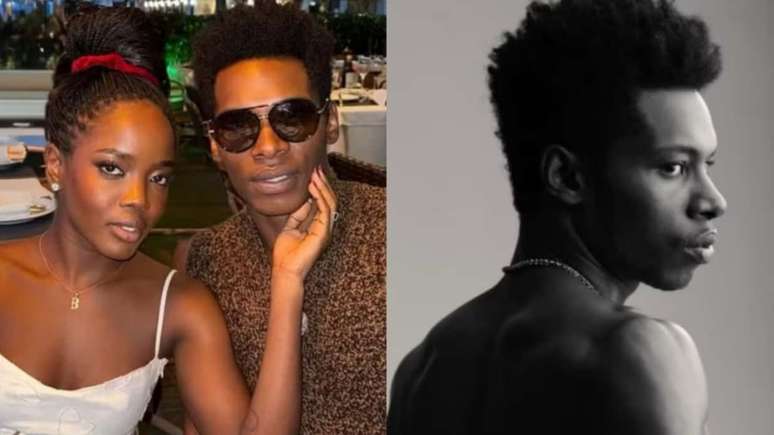The coins were kept in a bank for safety
A farmer found a vase with more than 200 ancient coins, from the Brazilian colony period, while searching for gold in Conceição de Tocantins (TO). For safety, Valdomiro Costa kept the objects in a bank, until he knew how much this ‘treasure’ was worth.
In an interview with Rede Globo affiliate TV Anhanguera, he said he bought a metal detector to search for gold because he knew the history of the gold cycle in the region, when mining was the largest economic activity. important in the country. time.
Valdomiro saved some money and bought the item for his hunt and was surprised the first day. The device beeped and soon he began digging into the ground, where he found a jar full of coins. When he broke the object, he thought it had no value, but he was wrong.
The farmer didn’t throw away the coins just because his son, Raelson Costa, remembered his history lessons. So, the student asked his history teacher, Janildes, for help. “I addressed the topic with her and we began the evolution of this research”, he reveals.
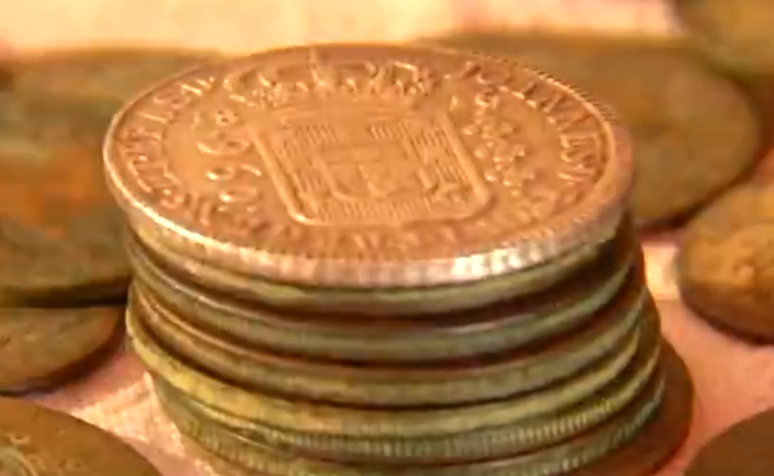
“When I saw the date here, 1816, I said, ‘Wow, this is a treasure.’ I know it has immense historical value, dating back to the colonial period and the imperial period,” the educator explains.
During the research, they discovered that 206 coins are made of bronze and one of them, the most important of all, 960 réis, is made of silver and known as “Patacão”.
It is not yet possible to know who buried them, when and why. “People hid treasures from looters, or even to evade the high taxes of the crown. We thought of several hypotheses, but we cannot say for sure when and by whom they were buried,” underlines the professor.
Now, a team from the Institute for Historical and Artistic Heritage (Iphan) has traveled to the region where the coins were buried and an assessment will be carried out to find out whether they are indeed historical archaeological material. If proven, the site can be registered as an archaeological site.
Before that, coins cannot be exchanged. For security reasons, the “treasure” is stored in a bank vault. “I want to help my family, because we come from weak families, we have almost no means, to give opportunities to my children, to study. I have seen nothing more for myself, I will leave it to my children”, concludes Valdomiro.
Source: Terra
Rose James is a Gossipify movie and series reviewer known for her in-depth analysis and unique perspective on the latest releases. With a background in film studies, she provides engaging and informative reviews, and keeps readers up to date with industry trends and emerging talents.

